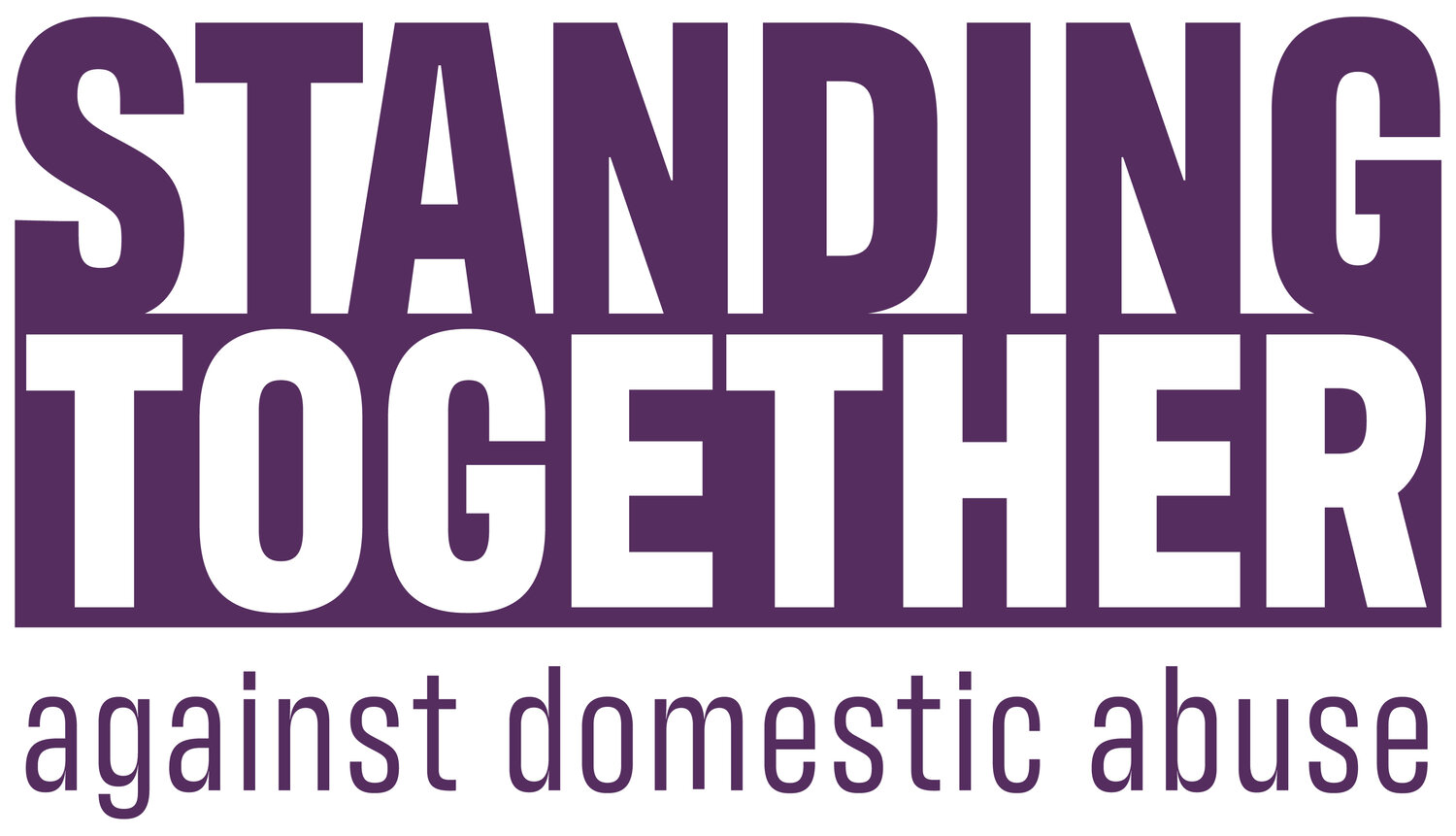Championing Change: Chermal Williams on Advocacy, Leadership, and Resilience
Chermal Williams, Head of Services for Health and Training at Standing Together Against Domestic Abuse (STADA), shares her inspiring journey into the domestic abuse sector, her insights on leadership, and the transformative work STADA undertakes to combat abuse and support survivors.
Chermal’s story begins with deeply personal roots. Growing up, she witnessed the destructive dynamics of abuse firsthand. Reflecting on this formative experience, she reveals,
“I had a stepfather who was emotionally and sometimes physically abusive. One day it just stopped—he began focusing on his appearance, and we later discovered he was grooming an underage girl.” The failure of systems to intervene left an indelible mark on Chermal, igniting her passion to address these injustices. Though her initial dream was to join the police force, a different path unfolded after she did not return for her final exam callback. This moment became a turning point, redirecting her energy toward community-centered support—a space where her drive and empathy could flourish.
Her career has been filled with moments that affirmed her commitment to amplifying survivor voices. Chermal recalls a particularly harrowing case involving a mother and daughter who were failed repeatedly by systems meant to protect them.
“The mother had endured unimaginable abuse, and when she fled to a refuge, the police issued a child arrangements order that led the perpetrator straight to her. Watching her navigate countless barriers, yet remain steadfast in her strength, was humbling. Today, she and her daughter are thriving, and stories like theirs keep me going.”
Chermal’s philosophy as a leader is rooted in resilience and empowerment. She credits key mentors, including Zoe Lodrick, a psychotherapist specialising in sexual trauma, for shaping her understanding of survivor experiences.
“Zoe’s insights into how the brain responds to repeated trauma were eye-opening,” she explains. “It allowed me to better support survivors with compassion and clarity.” Additionally, the HOPE Leadership Programme has provided Chermal with tools to refine her approach, emphasising empowerment and collaboration as cornerstones of effective advocacy.
Her journey within STADA exemplifies her dedication. Starting as a Senior Project Manager overseeing domestic abuse coordinators and training initiatives, Chermal’s role expanded rapidly to Head of Services. Today, she leads efforts across diverse programs, including Multi-Agency Risk Assessment Conferences (MARACs) and the Crossing Pathways initiative. She candidly admits the transition felt daunting, but her expertise in training and her grounding in MARAC coordination provided a strong foundation.
“At first, I doubted whether I deserved the role,” she shares. “But reflecting on my wealth of experience and what I bring to the table helped me embrace it.”
Transforming Systems Through Collaboration
Under Chermal’s leadership, STADA’s training programs have been tailored to ensure meaningful impact. The goal, she explains, is for participants to leave sessions feeling enriched, not burdened by mandatory attendance.
“We engage stakeholders beforehand to assess their team’s needs, ensuring our training is relevant and impactful.” This thoughtful approach is a testament to Chermal’s commitment to continuous learning and practical application.
Chermal also oversees MARAC coordination across London boroughs, a vital aspect of STADA’s work. These conferences convene professionals from various sectors to create safety plans for high-risk survivors.
“MARACs epitomise what a coordinated community response should look like—agencies working together to prioritise survivor safety while addressing perpetrator accountability.”
Another highlight is the Crossing Pathways initiative, which integrates health systems into the domestic abuse response. This program recognises that many survivors first seek help through healthcare settings, and it aims to create streamlined, survivor-centered services across sectors.
Inspiring Future Advocates
When asked about advice for young advocates, Chermal emphasizes empathy and volunteering as entry points into the field.
“Build your portfolio by immersing yourself in roles that expose you to survivor stories and systemic challenges. But remember, empathy is key—this work isn’t about imposing your own journey on others.”
Chermal’s own self-care strategies include teaching salsa and coaching an under-13 boys’ football team, activities that provide a healthy balance and recharge her passion for advocacy.
A Vision for Change
Chermal’s story is a powerful reminder of how personal resilience, professional dedication, and systemic collaboration can drive meaningful change. Through initiatives like Crossing Pathways, MARACs, and multi-agency training, her work at STADA embodies the 16 Days of Activism’s call to action: to unite communities and systems in eliminating gender-based violence.
